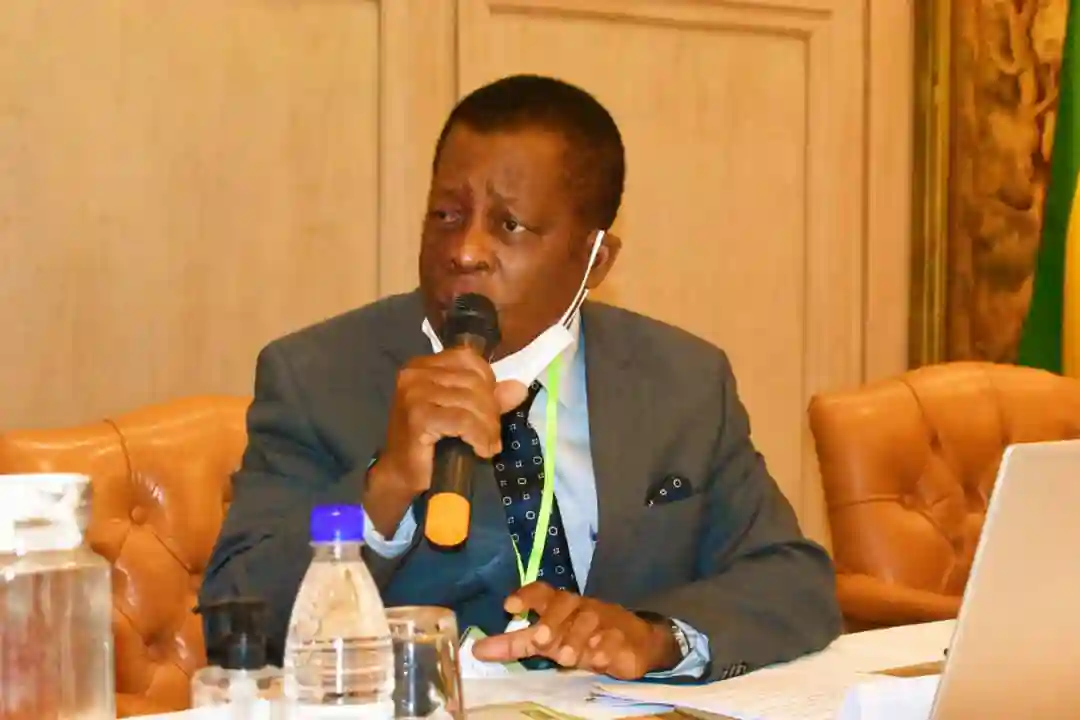State-controlled power utility ZESA Holdings says it is broke and has no capacity to pay for power imports from Zambia and Mozambique.
In a letter dated 20 July 2022, addressed to the Chief Executive Officer of the Chamber of Mines of Zimbabwe, ZESA Holdings executive chairman Sydney Gata revealed that the power utility is struggling to supply customers due to a combination of factors which include demand spike from mining, debts, dilapidated equipment, low tariffs and regional electricity shortages, among others. The letter reads:
RE: ELECTRICITY SUPPLY SITUATION
BACKGROUND AND RECENT DEVELOPMENTS
ZESA would like to advise you of the following pertinent developments in the power supply situation;
a) The supply-demand gap is growing at unprecedented rates, driven by a mining economy which is targeting USD12 Billion annual production by 2023. The increase in mining industry demand is also inducing other significant industrial loads. In the past year, ZESA received firm applications for new supply and for current capacity increases from mining and smelting customers alone, aggregating to 2 100MW of additional load by 2025.
b) ZESA is under immense pressure to settle the ballooning power import debt.
C) ZESA had secured an Afrexim Bank facility which it used to pay off the power import debt in February, but the debt is growing back exponentially, posing a threat to the security of supply
d) ZESA has been charging an average tariff of USс9.86/kWh for exporting customers other than Ferrochrome smelters, which however is below cost and hence has been failing to capacitate the Utility to ensure the security of power supply and efficient service delivery.
e) At the current tariffs ZESA is failing to refurbish the generation, transmission and distribution network so as to improve service delivery.
f) Furthermore, there is the incapacitation of operations due to inadequate operational vehicles, machinery, and spares, resulting in deferment of operation and maintenance activities on the transmission and distribution network.
g) Electricity supply is in dire shortage, not only in Zimbabwe but also throughout the SADC Region, as evidenced by ESKOM’s current Stage 6 Load Shedding Status.
h) ZESA has negotiated for power imports with ZESCO – Zambia and EDM – Mozambique. However, since January 2022 ZESA has failed to draw from these contracts because of a shortage of funds as ZESA tariffs cannot sustain the import arrangements.
i) The power import contracts which ZESA had negotiated will not be available beyond the end of July 2022. ZESCO has been spinning the energy it had allocated to ZESA at a huge loss of USD 6.3 million per month since January 2022, due to ZESA’s failure to pay for it.
j) ESKOM is in unprecedented trouble with over 18 000MW of capacity shortfall and is putting pressure on ZESCO, HCB and EDM to take over the same contracts ZESA had secured.
k) ZESA now has up to 31 July 2022 to draw the supply or else the contracts will be cancelled and the supply re-allocated to other utilities in the SAPP. Zimbabwe will stand to lose heavily as these contracts are long-term, and at a competitive price.
l) After studying the various parameters as Operator, distinct from Consumer, ZESA realised that the Utility and the Shareholder are exposed to a commercial and trading risk which they have no capacity to underwrite or mitigate.
m) After predicting the regional supply deficit ZESA is now restructuring electricity markets and trading, so as to link competent producers more directly with competent consumers. That means assigning commercial and trading risks to parties with the requisite capacity to mitigate and underwrite them. This has involved the formation of the Intensive Energy Users Group (IEUG). The IEUG has already adopted a constitution and appointed an interim board. It has also procured comprehensive institutional and regulatory support and permits as required.
n) IEUG is targeting to commence trading on 1 August 2022. The objective is to ensure that all clients with tariff-sensitive operations will have an option of linking directly with the SAPP regional power suppliers to negotiate more favourable tariffs. This is possible and prudent.
WAY FORWARD
a) ZESA is no longer able to continue supplying electricity to exporting customers at USс9.86/kWh, as it is unsustainable.
b) Further to that, Hwange Stage 3 Project, which is expected to come in November 2022, will be coming in at USC10.7/kWh, translating to over USc12.0/kWh to end-customers after adding ZESA overheads and use of system charges.
c) The exporter’s tariff will therefore be USc10.63/kWh with effect from 1 August 2022.
d) Customers are also being advised of an option to join the IEUG, which has the potential to negotiate for lower tariffs from regional producers such as EDM, HCB and ZESCO. ZESA’s wheeling charges will be applied at the barest minimum to help ensure the viability of businesses in Zimbabwe.
e) The Utility has acted in good faith and with utmost sincerity to pioneer, design, engineer and negotiate a new and more sustainable electricity commercial and trading structure, which will help to relieve both the risk of capacity shortfall to the customer and tariff pressure to the Utility.
f) All these interventions are meant to end national load shedding in Zimbabwe to the benefit of all.
ZESA requests that you advise all your constituencies of these recent developments. We deeply appreciate the objective engagement with yourselves and eagerly await your response to the mutual success of our mandates and missions.
The letter was copied to the Minister of Energy and Power Development – Zhemu Soda Deputy Minister of Energy and Power Development – Magna Mudyiwa Secretary for Energy and Power Development – Gloria Magombo Secretary for Mines and Mining Development – Onesmo Mazai Chairman of Zimbabwe Energy Regulatory Board – David Madzikanda.

